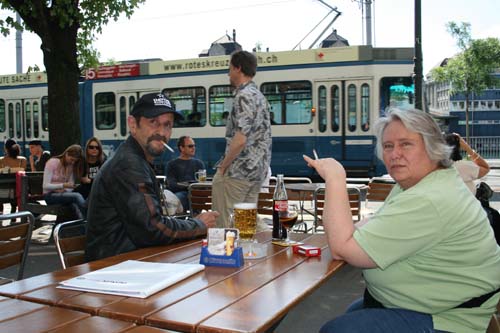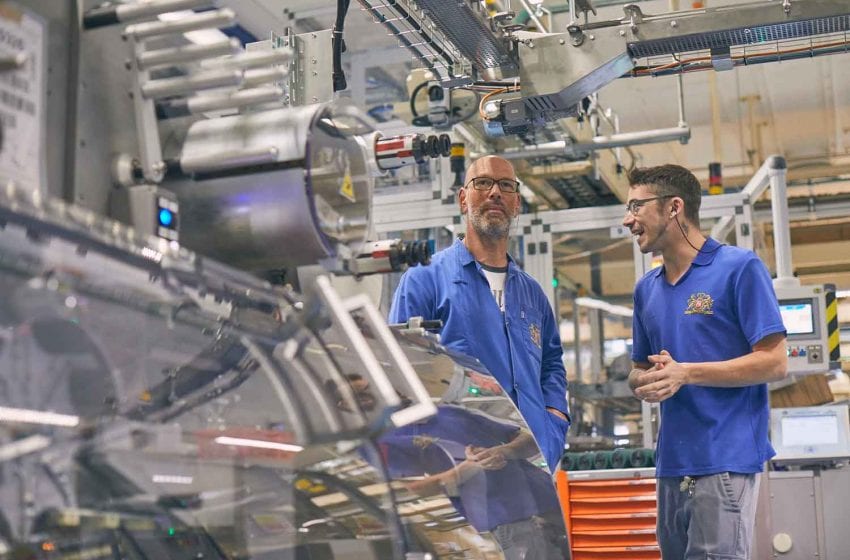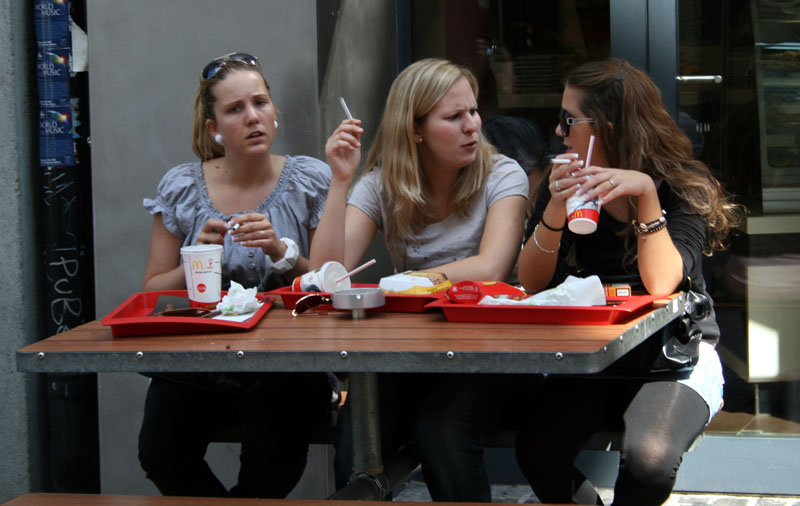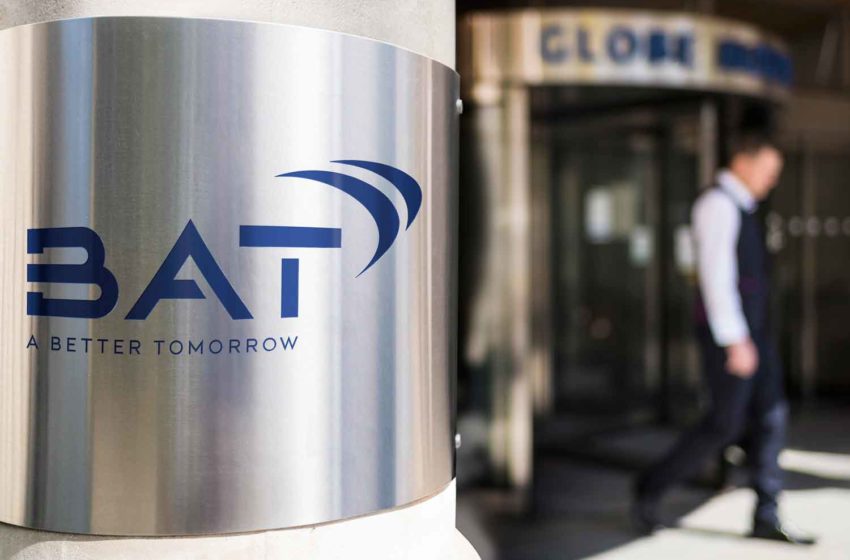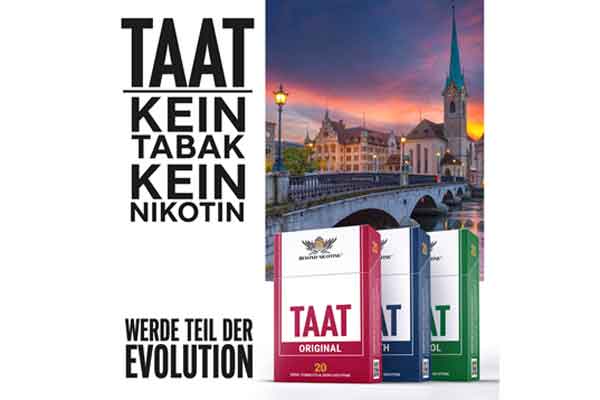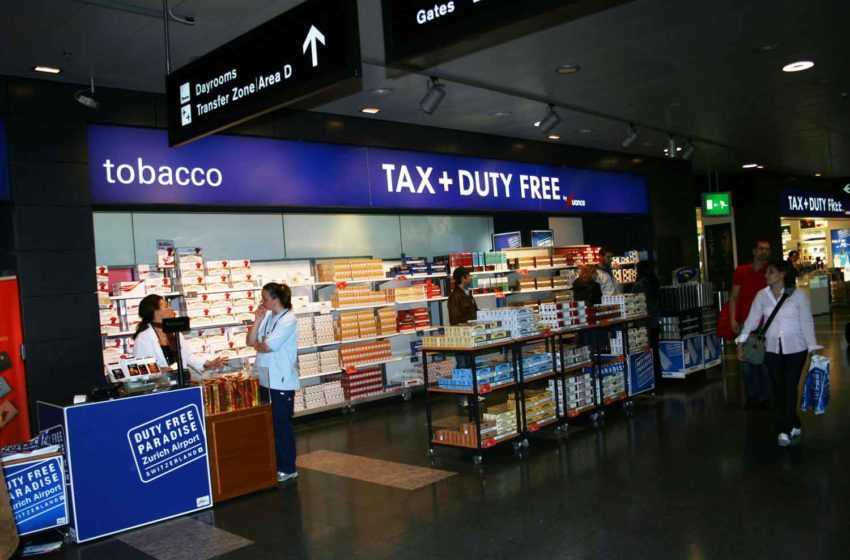Despite recent declines, a comparatively large share of the population continues to light up.Read More
Tags :Switzerland
The agreement applies to the domestic market only, according to BAT. Read More
No tobacco advertising will be allowed in print media, shops or events open to minors. Read More
The closure will cause the layoff of 226 workers, and Boncourt will lose its biggest taxpayer. Read More
The factory employs more than 200 people, half of them cross-border workers from France.Read More
Under the plan, disposables would be taxed at higher rates to deter underage consumption. Read More
Because its products contain no tobacco, Taat will avoid new marketing restrictions. Read More
More than half of voters support a proposal to ban ads that may reach young people. Read More
The launch follows the bladeless product’s initial introduction in Japan. Read More
A popular initiative seeks to ban tobacco ads wherever minors can view them. Read More
